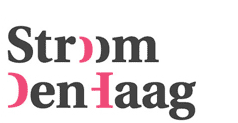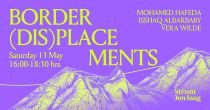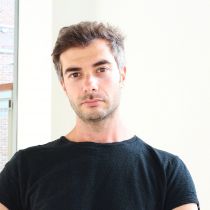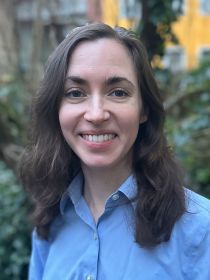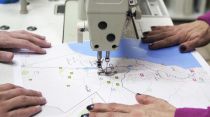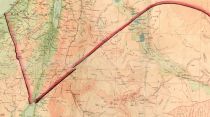Border (Dis)placements
Saturday 13 May 2023, 16:00 - 18:30 hrs
Location: Stroom, Hogewal 1-9, The Hague
Entry: free
Entry: free
Part of the public program of Positions: Elsewheres.
On any map, a border may be indicated by a bold or jagged line. In images, we are used to seeing the border as a concrete wall, a fence of barbed wire, or even a tent camp. Yet in the experience of those crossing the border,these material characteristics of boundaries are no longer primarily visual. They appear instead as algorithmic interrogations, indications hidden in layers of plastic, or as psychogeographical ways; drifting through a city while avoiding its checkpoints.
Borders have become displaced entities, fragmented in time and space. They often hardly overlap with their indication on maps. The border to the European Union, for instance, operates as much through policing in the Mediterranean Sea as it does through bureaucratic decisions made in Brussels.
The Hague also has a role in the policing of borders: on a national level, it houses the IND (Immigration & Naturalisation Service), the decision-making body presiding over all migration
applications to the Netherlands. And on an international level, it is home to the headquarters of Europol, the agency tasked with policing forms of migration deemed illegal. As a site of border control, The Hague not only contains the bureaucratic apparatuses and the workers necessary to maintain the EU's border regime, the city also houses a significant amount of border infrastructure, such as satellite & surveillance equipment.
The seminar Border (Dis)placements at Stroom considers the materialities of border regimes, both in the EU as well as outside of it. The following three contributions address the affective and psychogeographical dimensions of borders, their displacement and fragmentation across the globe:
Mohamed Hafeda's film Sewing Borders reveals the experienced nature of borders in the context of displacement in Beirut;
Isshaq Albarbary's performance-lecture investigates the materiality of his Dutch ID-card, addressing the state bureaucracy disclosed by the absence of an indication of his country of birth, Palestine ("XXX");
Vera Wilde's talk addresses the role of lie detecting in the policing of the EU's border, through the
use of the iBorderCTRL algorithm.
- Saturday 13 May '23 16:00-18:30 hrs
- Stroom Den Haag, Hogewal 1-9, The Hague
- Entrance: free

















